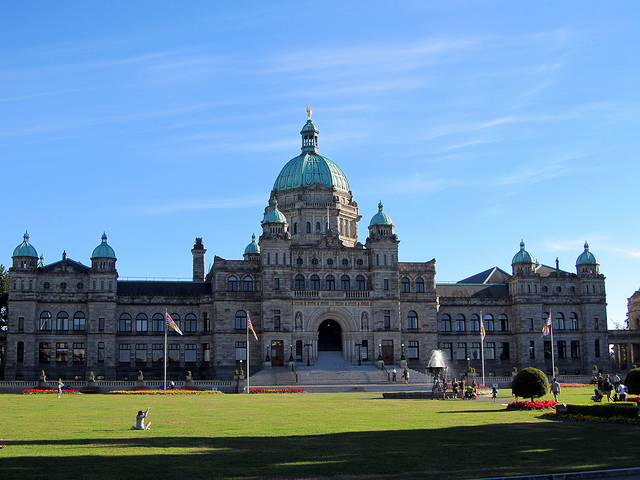

British Columbia’s auditor general says the province needs to know more about the tax breaks it gives. File photo.
British Columbia’s auditor general says politicians need to pay more attention to the billions of dollars they provide every year in tax breaks to support government programs and policies.
Carol Bellringer said Tuesday in a report that the breaks in the form of tax expenditures can continue on for decades without oversight on either their effectiveness or if they’re still required.
She said the government’s reporting of tax expenditures and how they relate to spending has been largely unchanged for the past 25 years.
B.C. government tax breaks were estimated at $7 billion in the 2016-2017 budget year, the report says. The government’s direct spending total in the budget for programs such as health care and education was $48.7 billion.
“Tax expenditures are a significant component of government fiscal plans but legislators may not have all the information they need to determine whether tax expenditures continue to achieve government’s policy objectives,” Bellringer said in a telephone news conference.
She said the tax breaks give support to government social, economic and environmental policy objectives but providing those benefits comes at a cost of lost revenues.
“Essentially, a tax expenditure is forgone revenue,” Bellringer said. “It’s money government doesn’t collect from taxpayers, but could if it didn’t offer the tax breaks. Tax exemptions, allowances, rate reductions, deferrals and credits are all types of tax expenditures.”
She said the government decided not to charge provincial sales tax on the purchase of new bicycles to help meet its environmental goals, but that means it gives up about $23 million in taxes every year.
Bellringer said B.C.’s homeowner grant – introduced in 1957 to relieve the pressure of rising property taxes and encourage home construction – is a decades-old tax expenditure that has undergone few changes or reviews since its introduction.
“It may no longer be effective in supporting government’s policy objectives,” she said.
Bellringer pointed to the federal government as an example of a progressive approach to addressing the issue by clearly posting its most recent eight years of tax expenditures.
B.C.’s tax expenditures are included in an appendix section of its most recent budget, she noted.
“They’re accepting it year after year and it rolls forward and continues to be in the program,” Bellringer said. “It’s important for (politicians) to appreciate when they are voting on the budget for the year that the numbers for program expenses do not include tax expenditures.”
B.C.’s Ministry of Finance said in a statement Tuesday it is important that politicians and others have access to complete information relating to B.C.’s tax expenditures and it will consider improvements to the reporting of such expenditures.




